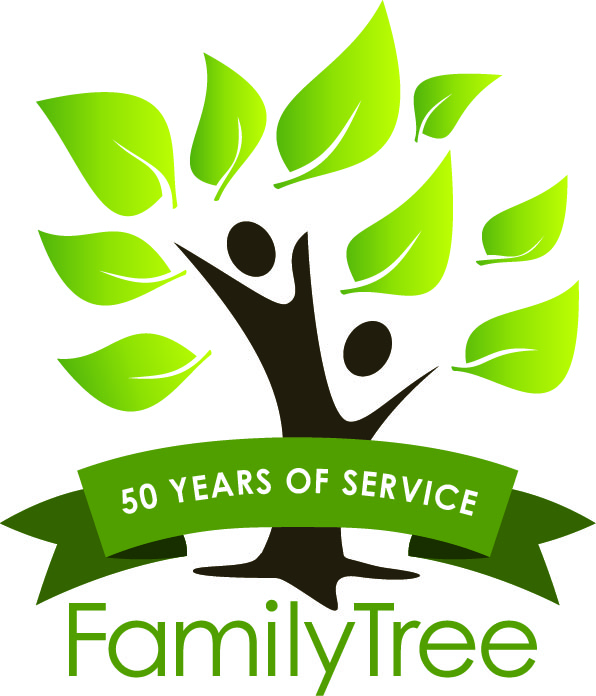
April is Child Abuse Prevention Month and Family Tree is raising awareness of the prevalence and warning signs of child abuse as well as providing ways that we can all help strengthen families to prevent child abuse and neglect.
Parenthood brings some of the most precious and impactful moments of your life. Children shape us into human beings that run on nothing but love and joy. Once you become a parent, your child’s happiness is always intertwined with yours. Parenthood also brings many challenges and stressful times along the parenting journey.
Being a young caregiver with three little ones, my cousins, and a former head start teacher, I understand how parenting can cause stress and an overwhelming feeling of constantly hoping that you are doing enough. As a parent, I never wanted to mess up. As a teacher, I never wanted to forget or mislead. As a kinship provider, I never wanted to give up or not be mentally and emotionally available. As a teen parent, I never wanted to lose connections to the people that I loved. These are all real thoughts, fears and pressures that people sometimes face.
It may be difficult to find time for yourself to do things that gave you energy before. Providing care and focusing on children’s needs can leave you with a feeling of isolation and pressure. Parents and caregivers can feel overwhelmed and need support and/or comfort from those around them. We often hear the phrase, “It takes a village,” but does every parent or caregiver feel like they have a village to lean on?
Also, do their support networks know how to best support them?
There are simple ways to help each other and understanding the importance of connections within our communities and building our networks is critical to parenting. Concrete supports and social connections can be a major key in a caregiver’s ability to be present with their child(ren) and maintain their own mental health as well. These are considered protective factors; concepts we can establish to decrease child abuse and neglect, increase a robust environment for children and increase a healthy environment for parents and caregivers.
Seeking concrete supports – to reach out for help – is not always easy because there is a sense of responsibility as a parent. Offering to watch your friends’ children while they grocery shop or tutoring your neighbor’s child with their math homework are great examples of concrete support.
How can we extend ourselves to help parents and caregivers, when we notice they need a little extra assistance? Just ask. Sometimes people are waiting for someone to offer because they don’t want to impose. This eliminates that feeling of ‘it’s my responsibility and I don’t want you to bare it’ thinking.
Social connections are the people we often lean on in times of need, or even simply to take a break from our day. This can be just talking to someone who can identify with the struggles of parenting.
Offer to take a walk or bring them coffee. A stroll to the park is a great opportunity to connect with a friend and keep the children entertained so you all can connect.
A quick call or text can open an opportunity for a deeper connection. We all like to know we are important to someone. Taking a moment to check in can be very meaningful.
A compliment goes a long way. Expressing to a parent or caregiver the efforts you see makes a difference. “Wow, I notice the language you use with them. They are going to have a large vocabulary! You are doing such a great job raising them.” These moments are all important to not only the caregiver but the child as well.
There are more components to protective factors that are necessary for caregivers and parents to consider when building their village and strengthening their ability to navigate through difficult situations. Family Tree SafeCare, Community Family Resource Team and Kinship Programs all provide additional concrete support, social connections and other protective factors to strengthen families.
Through these supports and on their own, caregivers develop parental resiliency by finding creative ways to maneuver through tough life challenges. Parenting has a wonderful way of allowing people to grow and be innovative in ways we could never imagine. Parents and caregivers should know it is okay to ask for help sometimes but we should all know they often feel like a burden when they do.
If it takes a village to raise a child, let’s all reach out and make a difference in our children’s futures.

